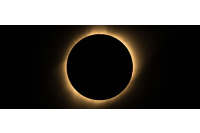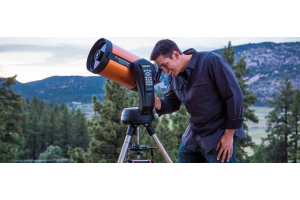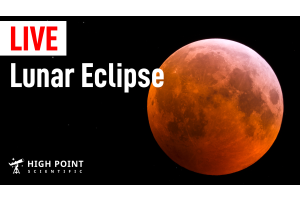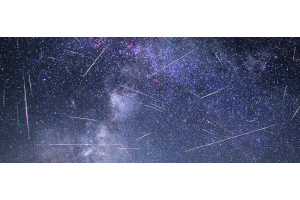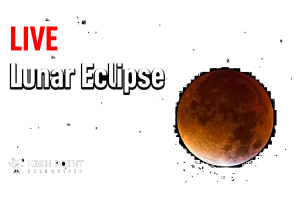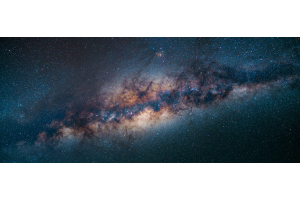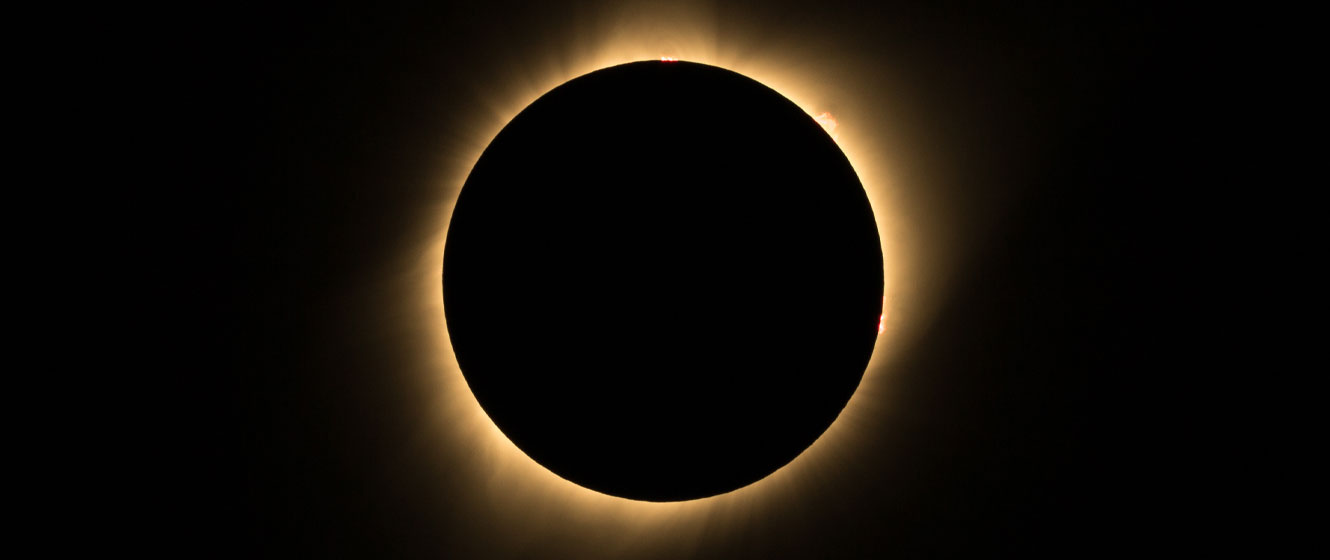
If you missed the October 14, 2023, annular solar eclipse you’re in luck: another solar eclipse will be visible soon. A full-on total solar eclipse will occur in April 2024 and be visible over the central and eastern United States, Mexico, and Canada. However, if this is your first time observing a solar eclipse, you may have some expectations that differ from reality. Let’s go over a few of those differences so you don’t find yourself disappointed when the eclipse occurs.
Expectation #1
It’s not safe to take your solar eclipse glasses off at any point during the eclipse.
Reality
While it’s absolutely NOT recommended to take your eclipse glasses off during the partial phase of the eclipse, you absolutely need to during the few minutes of totality. At the moment of totality, the Sun and Moon become safe enough to observe to the naked eye without any protection. You’ll be surrounded by a 360-degree sunset. In the sky, you’ll see a beautiful corona spanning away from a black-looking Sun in the sky. The stars will also begin to pop out, with bright Venus being the most prominent planet in the sky.
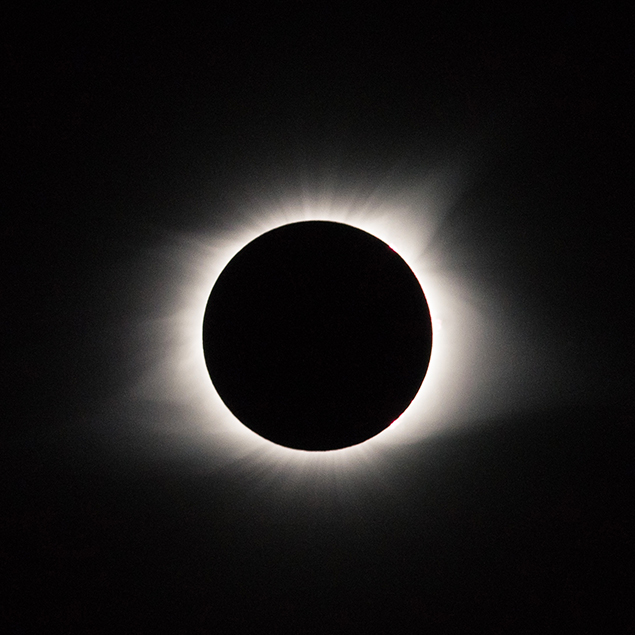
Expectation #2
The solar eclipse will last for a few hours.
Reality
A lunar eclipse will last for a few hours; however a total solar eclipse will only last for a few minutes. This is because the Moon’s angular diameter is virtually the same as the Sun’s. As a result, the Moon will only briefly eclipse the Sun. This differs from a lunar eclipse, where the Earth’s shadow is much larger in the sky than the Sun. As a result, the moon will take longer to go behind the Earth’s shadow.
Expectation #3
The moon turns completely black during a total solar eclipse.
Reality
The Moon, technically, is always black during a total solar eclipse. However, this isn’t due to some sudden discoloration of the Moon; rather it’s because it’s technically a new Moon. A new Moon is when the side of the Moon facing toward the Earth is completely in shadow, i.e lunar night. As a result, the Moon appears invisible in the sky. It’s only during a solar eclipse that a new Moon can clearly be seen in the sky.
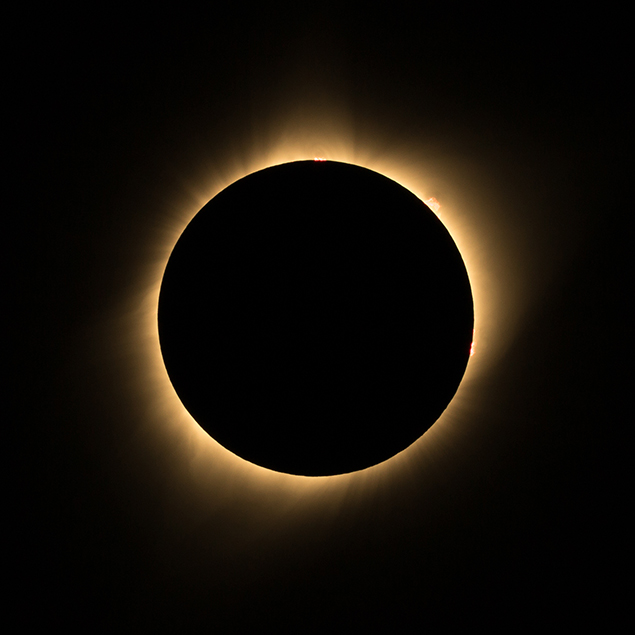
Expectation #4
A 99.9% solar eclipse is good enough.
Reality
Unlike a lunar eclipse, the total solar eclipse will be confined to a very small region, usually at most a hundred miles across. This is because the Moon’s shadow projected onto the Earth is very, very tiny. So why drive directly into the path of totality? Surely 99% or even 90% is enough, right? You’ll be very disappointed if you try to observe a solar eclipse with this expectation. This is because even 10% of the Sun’s normal light is enough to completely ruin your view of a solar eclipse. It’s only in the small, 100% band that the corona can be seen.
Expectation #5
The corona can be observed anytime, eclipse or not.
Reality
The corona from the Sun can only be observed during a total solar eclipse. Even using special filters, the corona simply cannot be seen with any ground-based telescopes. This is because the diffuse corona is too faint to be seen as a result of the Sun’s intense light. Only during totality, when the Sun’s brightness completely disappears, can the corona be easily spotted.
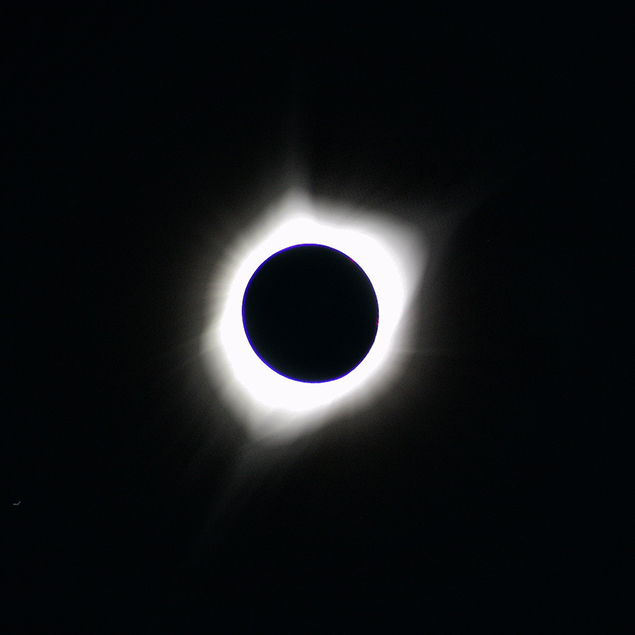
Expectation #6
Solar eclipses are rare events.
Reality
A solar eclipse is not a rare event. On average, you can expect one type of solar eclipse to be visible over any portion of the world twice each year. There are times when you may go a year or two without a total solar eclipse (the last total solar eclipse was in December 2020, to be followed by the April 2023 hybrid/total eclipse in Australia). Solar eclipses often fall in seasons, which last about 35 days and repeat about every six months when the Moon is at a relatively low ecliptic latitude. The type of solar eclipse you may see during eclipse season depends on the Moon’s angular size.
There’s a lot of misinformation about solar eclipses, it can be hard to differentiate fact from fiction. We hope you now have a better understanding of what to expect the next time you observe an eclipse! Did you know about these common solar eclipse misconceptions? Which one surprised you the most?
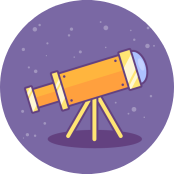
Learn More
Interested in learning more about nebulae, galaxies, planets, and more? Not sure where to begin? Check out our Astronomy Hub!
This Article was Last Updated on 10/16/2023

